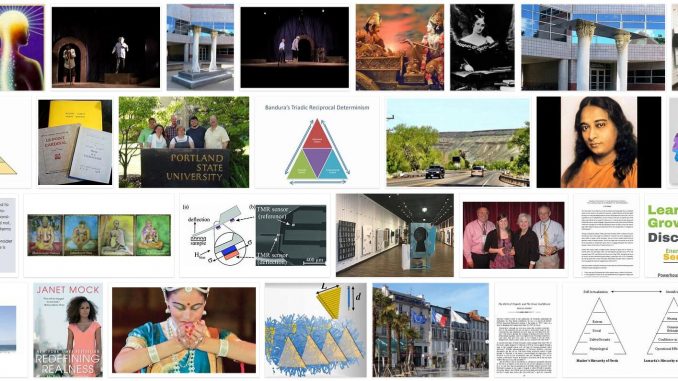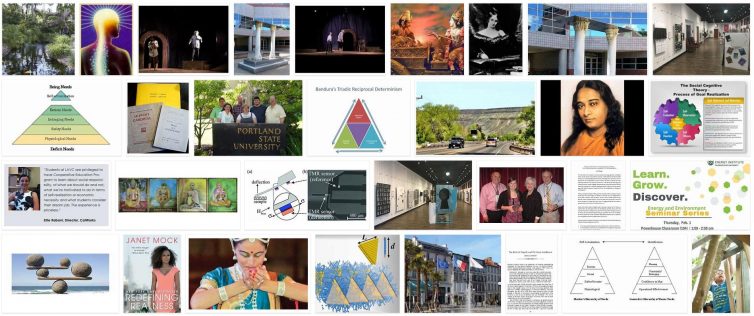
Self-realization is the satisfaction of having reached and accomplished one or more personal goals that are part of human development and potential.
Through self-realization individuals expose their abilities, abilities or talents to the fullest in order to be and do what they want. That is, it refers to the achievement of a personal objective through which happiness can be contemplated.
The desire for self-realization is motivated by the individual search that leads us to fulfill a series of expectations and give answers to doubts or questions that mark a certain existential moment.
Happiness is the maximum achievement of self-realization, it is contemplative and is obtained when people understand that it is through facts and actions that yearnings and projects are fulfilled. It is part of the freedom to be and do what is desired.
Needs of self-realization
Self-realization is contingent and present in all areas of human development, that is, family, personal relationships, studies, work, social relationships, love, projects, ventures, among others.
Therefore, the time invested, the effort and the work done to fulfill the vocation that each person has is very important and valuable. For example, musicians feel self-realized when they sing, play an instrument or compose songs.
However, it may happen that a person feels self-realized in one area of his life but not in another. For example, he managed to be a professional musician and have a distinguished artistic career but, as for the couple’s love, the right person has not yet been found and an emotional or sentimental imbalance is felt.
Self-realization brings happiness in itself and establishes the necessary and important emotional balance in each person.
If you are not clear about what to do and how to achieve your goals, then you can ask yourself the following questions: What is happiness for me? What can I do to reach it? Am I willing to fight and work for it? What am I able to do for my self-realization?
Hence, one of the greatest satisfactions of old age is to take stock of the goals achieved and recognize the effort and time devoted to achieving, in a consistent manner, to be what was desired.
Self-realization and Maslow’s Pyramid
Abraham Maslow was an American psychologist and one of the leading exponents of humanistic psychology. Maslow proposed in his work A theory on human motivation , in 1943, the hierarchy of human needs, among which the elaboration of the famous pyramid of Maslow and the analysis of human behavior.
According to Maslow, self-realization is the maximum achievement of the satisfaction of human needs. It is the development of human potential, acceptance of oneself, of strengthening spirituality, knowledge, good interpersonal relationships and living under the concept of happiness.
Maslow describes in his pyramid five levels of human needs that must be realized until self-realization is reached, ranging from the most basic to the most complex. Only higher needs should be met once the simplest ones have been resolved.
Basic needs: they are the basic physiological needs such as breathing, feeding, sleeping, avoiding pain, etc.
Security and protection needs: security and physical and health integrity, having economic resources, housing, etc.
Social needs: it is made up of the feeling of affiliation, family, friends, work, social acceptance.
Needs for esteem: these are needs for recognition and esteem. It refers to respect for our person and those around us.
Self-realization: indicates the need to “be” and personal growth motivation. For Maslow, self-realization is the highest need of the human being, through which the most prominent potentials of people develop.
For Maslow, self-realized individuals stand out for being more focused on the reality around them, face adversities based on a solution and have a different perception of meanings and their ends.
On the other hand, Aristotle also mentioned self-realization describing it as the main purpose of man in search of his individual happiness, hence varying what makes one being happy and another happy.
